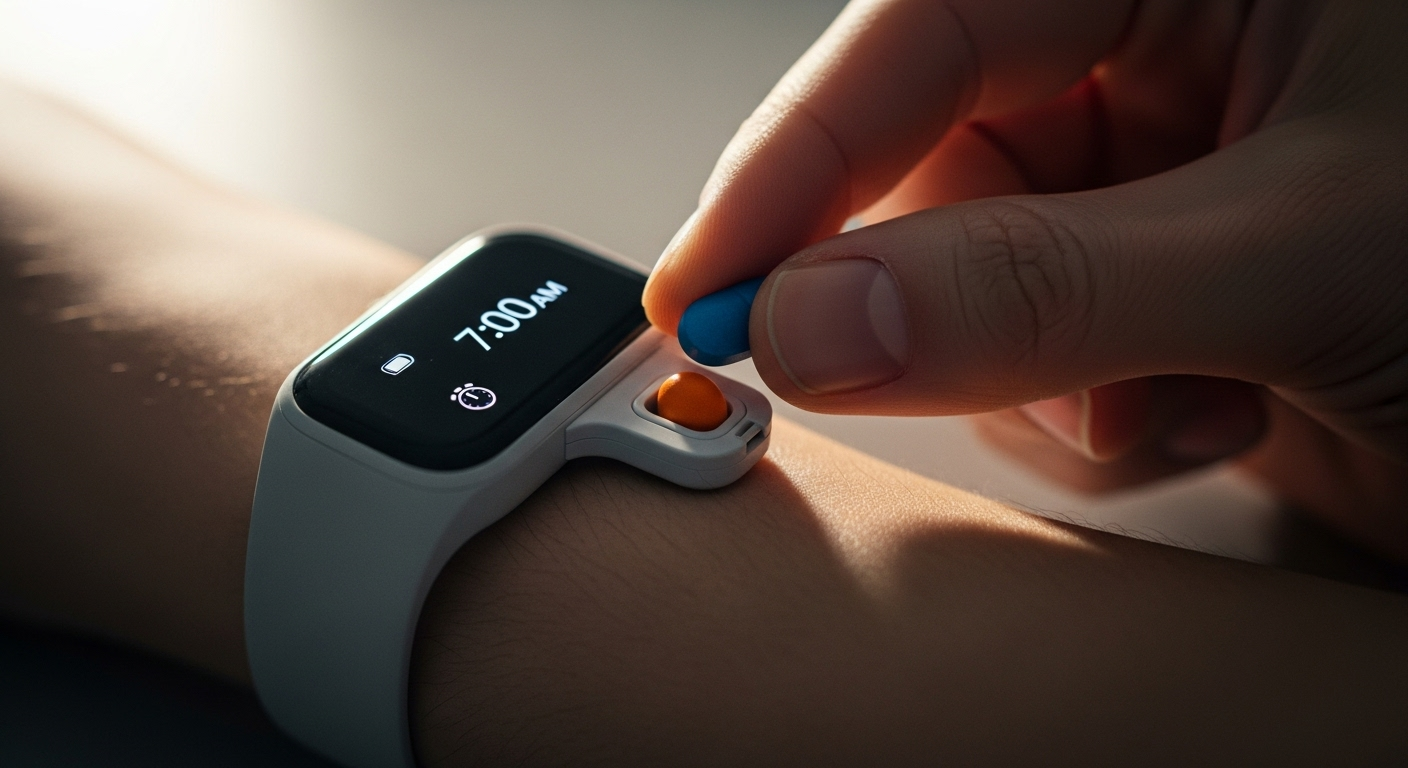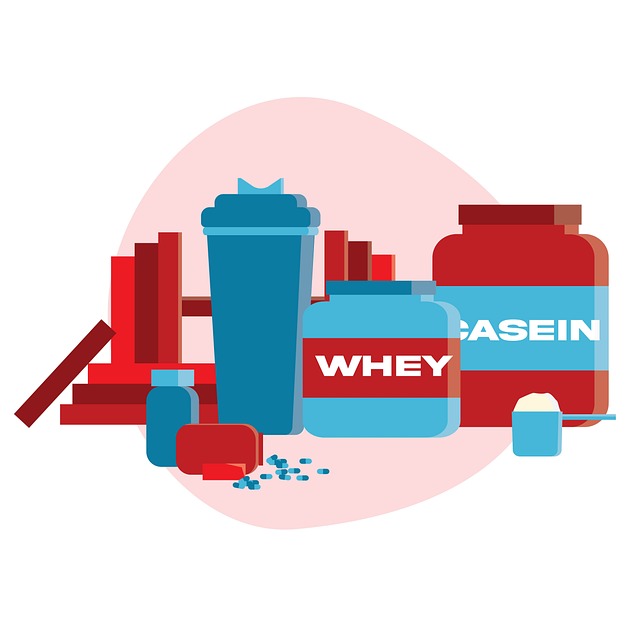Chronotherapy: Timing Medical Treatments for Optimal Healing
The intersection of modern medicine and our body's natural rhythms unveils a revolutionary approach to healing. What if the effectiveness of your treatment depended not just on what you take, but when you take it? Welcome to the world of chronotherapy, where timing is everything in the pursuit of health and wellness.

The Science Behind Chronotherapy
Chronotherapy is rooted in the understanding of circadian rhythms, the internal 24-hour cycles that regulate various physiological processes in our bodies. These rhythms influence everything from hormone production and body temperature to metabolism and immune function. By aligning medical treatments with these natural cycles, chronotherapy aims to optimize therapeutic outcomes.
Research has shown that the timing of medication can significantly impact its effectiveness. For instance, studies have found that taking certain blood pressure medications at night, rather than in the morning, can lead to better blood pressure control and reduced risk of cardiovascular events. This is because blood pressure naturally dips during sleep, and administering medication at this time can enhance its effects.
Applications in Cancer Treatment
One of the most promising areas for chronotherapy is in cancer treatment. Traditional chemotherapy often follows a one-size-fits-all approach, but chronotherapy tailors treatment timing to the patient’s biological rhythms. This can potentially increase the effectiveness of drugs while reducing their toxic side effects.
Studies have shown that the timing of chemotherapy can influence both its efficacy and toxicity. For example, a study on colorectal cancer patients found that administering chemotherapy at specific times of day led to improved tumor response rates and reduced side effects compared to conventional treatment schedules.
Chronotherapy and Sleep Disorders
Chronotherapy has also shown promise in treating sleep disorders, particularly those related to circadian rhythm disturbances. By gradually adjusting sleep schedules, chronotherapy can help reset the body’s internal clock, alleviating conditions like delayed sleep phase syndrome and jet lag.
This approach involves systematically shifting bedtimes and wake times to align with desired sleep patterns. While it requires dedication and consistency, many patients have found relief from chronic sleep issues through chronotherapeutic interventions.
The Role of Technology in Chronotherapy
Advancements in wearable technology and digital health tools are making chronotherapy more accessible and precise. Smart devices can now track individual circadian rhythms, allowing for personalized treatment timing recommendations.
These technologies can monitor factors like activity levels, heart rate, and sleep patterns, providing valuable data to inform chronotherapeutic strategies. As these tools become more sophisticated, they promise to revolutionize how we approach personalized medicine.
Challenges and Future Directions
While chronotherapy shows great promise, it faces several challenges. One of the main hurdles is the complexity of implementing individualized treatment schedules in clinical settings. Healthcare systems are often designed for standardized care, making it difficult to accommodate the personalized timing required for chronotherapy.
Additionally, more research is needed to fully understand the intricate relationships between circadian rhythms and various medical conditions. As our knowledge grows, so too will the potential applications of chronotherapy across different areas of medicine.
Chronotherapy Insights
-
The liver’s ability to metabolize drugs varies throughout the day, affecting medication efficacy
-
Melatonin production peaks between 2 am and 4 am, influencing sleep-wake cycles
-
Cardiovascular events are more likely to occur in the morning due to natural surges in blood pressure
-
Skin cells divide more rapidly at night, potentially impacting the timing of certain dermatological treatments
-
Cortisol levels are highest in the morning, affecting immune function and inflammation responses
As we continue to unravel the complexities of our body’s internal rhythms, chronotherapy stands poised to revolutionize medical treatment. By aligning our healing practices with the natural ebb and flow of our biological processes, we open the door to more effective, personalized, and gentler approaches to health and wellness. The future of medicine may well be found not just in what we do, but when we do it.






